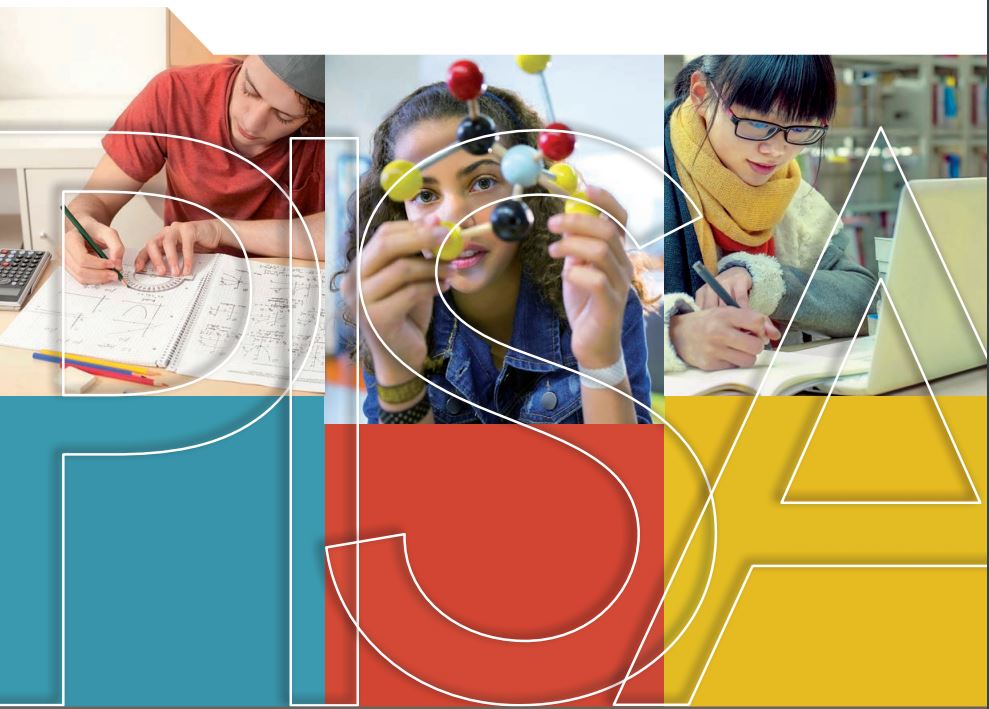OECD PISA 2015 report calls for provision of additional support to disadvantaged students and schools
Published:
On 6 December 2016, the OECD published the results of the PISA 2015 (The Programme for International Student Assessment) in two volumes: Excellence and Equity in Education and Policies and Practices for Successful Schools.
OECD tested the competencies of around 540,000 15-year-old students in 72 countries in reading, mathematics, science and collaborative problem-solving, with a special focus on science. The report also contains policy recommendations which include tackling gender stereotypes and providing additional support for children of disadvantaged backgrounds.
The key findings of the PISA report suggest that higher public investment in the education sector did not lead to the improvement of student’s performance and better educational outcomes. According to the report, even though investment to student in primary and secondary education increased in OECD countries by almost 20% since 2006, only 12 of the 72 countries and economies tested in PISA have reported their students’ performance improve over this period. While the top rankings are traditionally dominated by the East-Asian countries, with Singapore and Macao (China) having the highest-performing education systems, only Estonia and Finland from the European countries have at least nine out of ten 15-year-old students who acquired the science basics that every student should know before leaving school.
The PISA 2015 results also demonstrated that gender differences in science performance tend to be small on average in the OECD countries. However, in 33 countries, more boys than girls are top performers in science, with the exception of Finland, where girls are more likely to be the best at science. The report suggested that parents and teachers should challenge gender stereotypes about science and technology related courses and professions to allow boys and girls to achieve their potential.
Regarding the disparity based on socio-economic background the students who indicated that they did not attend regular science lessons are more likely to be enrolled in socio-economically disadvantaged schools than advantaged schools. The report demonstrated that this happens now in 34 school systems, particularly in Austria, Belgium, Croatia, France, Germany, and the Slovak Republic. The PISA 2015 results showed that immigrant students are more than twice as likely as their non-immigrant classmates to score below the baseline level of proficiency in science.
ETUCE welcomes that the report recommends governments and schools to allocate additional recourses targeting students and schools with the greatest needs. However, inclusive quality education requires not just a targeted public investment, but a sustainable, long-term approach where teachers have an active role in a decision-making process.
To ensure a quality education for all, the governments should provide schools with sufficient educational materials, including scientific and technological equipment, as well as prioritise state investment in public schools and teachers’ working conditions. Quality education for all means preparing students for life and be democratic citizens which is not possible in systems where results of PISA and other standardised tests are the goals of educational outcomes.